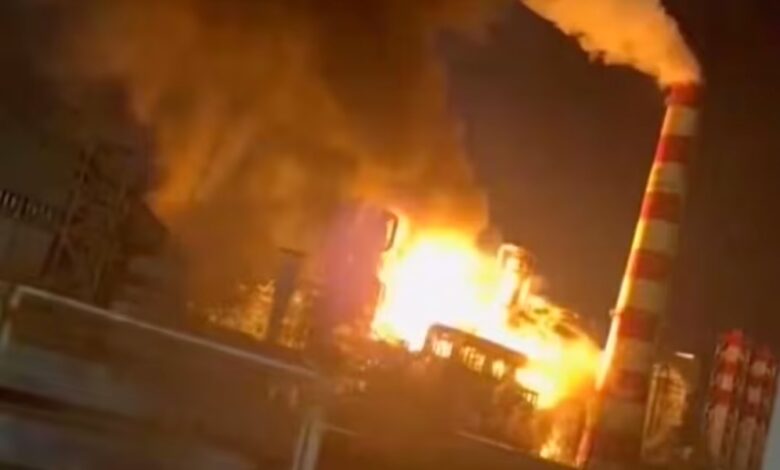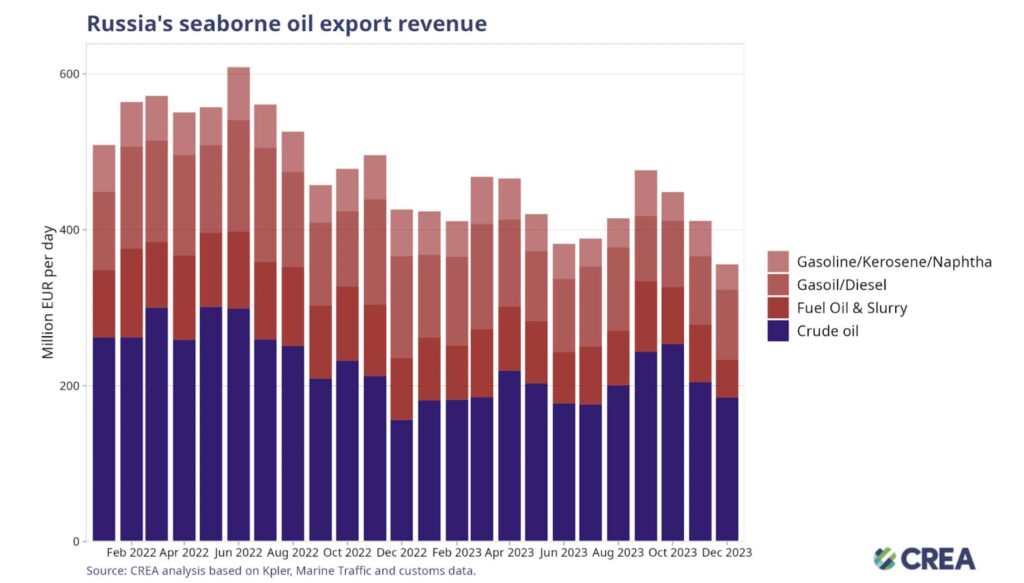Ukraine intensifies Russian refinery campaign

February 24 will mark the second anniversary since Russia unleashed the largest attack on a European country since World War II. In that period of time Russian exports of oil and gas have diminished, but only by about a third with fossil fuel exports still making up around 45% of the federal budget.
Tired of waiting for international agreements to restrain Russian energy flows, Russia’s foe, Ukraine, has in recent weeks decided to take matters into its hands, targeting refineries and export terminals in a series of concentrated drone attacks aimed to cut exports and thus revenues for the ongoing war effort.
The latest attack took place last night at the Black Sea port of Tuapse where a Rosneft refinery and depot was targeted by drones. Local footage shows extensive damage at the oil facility. The attack follows on from similar attacks this month at oil and gas depots in St Petersburg, Klintsy and most pertinently Ust-Luga where Ukrainian forces conducted a very damaging long-range drone attack on Novatek’s gas terminal over the weekend.
The recent attacks follow a successful similar campaign Ukraine waged in the Black Sea to fend off Russia’s navy and restart the country’s grain exports in the second half of last year.
A new report from the Finland-headquarted Centre for Research on Energy and Clean Air out this week argues that there is much more that could be done to limit Russia’s export earnings and constrict the Kremlin’s war chest. This includes measures like lowering the oil price cap, increased monitoring and enforcement of sanctions and banning unsanctioned fossil fuels such as LNG and pipeline fuels that are legally allowed into the European Union.
“Measures must be taken by sanctioning countries to prevent Russia’s growth in ‘shadow’ tankers that are immune to the oil price cap policy,” the report also suggested, adding: “Sanction imposing countries should ban the sale of old tankers to owners that are registered in countries that do not implement the oil price cap policy.”

